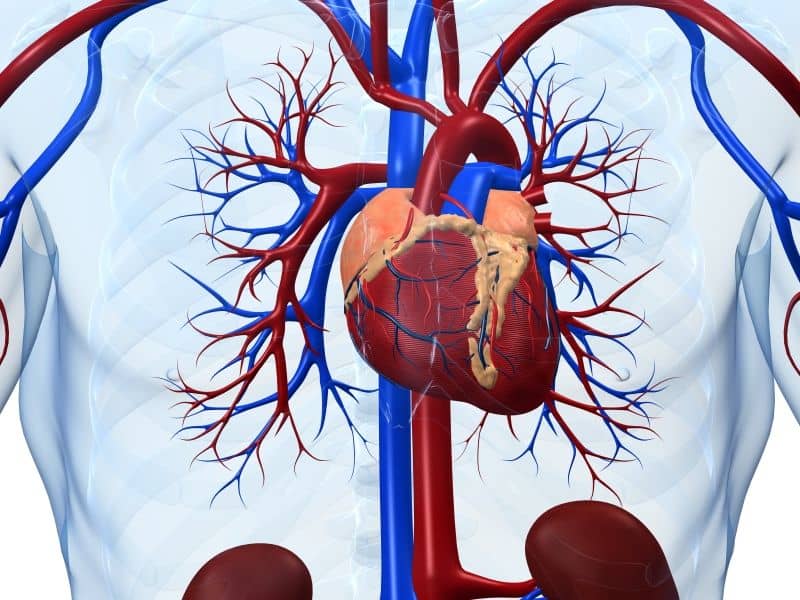Obesity and diabetes are major public health problems. Current approaches to weight loss show varying success. Complex community-based interventions work through several interconnected stages. An individual’s actions in response to an intervention depend on many known and unknown factors, which vary among individuals.
To conduct a realist synthesis to identify in which context, for whom, in what circumstances, and how weight loss interventions work in obese or overweight individuals with type 2 diabetes.
A total of 49 trials identified during a systematic review were subsequently analysed using realist methodology. This iterative process involved hypothesis generation about how participants within a particular context respond to an intervention’s resources producing the outcomes. We used established behaviour change theory to look for repeating themes. Theory and ‘mechanisms’ were tested against the literature on what is shown to be effective. Where established theory was lacking, we discussed issues during discussion groups with individuals living with the condition to generate our own programme theories.
Mechanisms that were repeatedly identified included high-frequency contact with those delivering the intervention, social support, education increasing awareness of diabetes-related modifiable risk factors, motivational interviewing and counselling, goal-setting, self-monitoring and feedback and meal replacements. The central theme underlying successful mechanisms was personalizing each intervention component to the participants’ gender, culture and family setting.
This is the first comprehensive realist synthesis in this field. Our findings suggest that, for weight loss interventions to be successful in those with diabetes, they must be personalized to the individual and their specific context.
This article is protected by copyright. All rights reserved.
Evidence generated from a realist synthesis of trials on educational weight loss interventions in type 2 diabetes mellitus.


